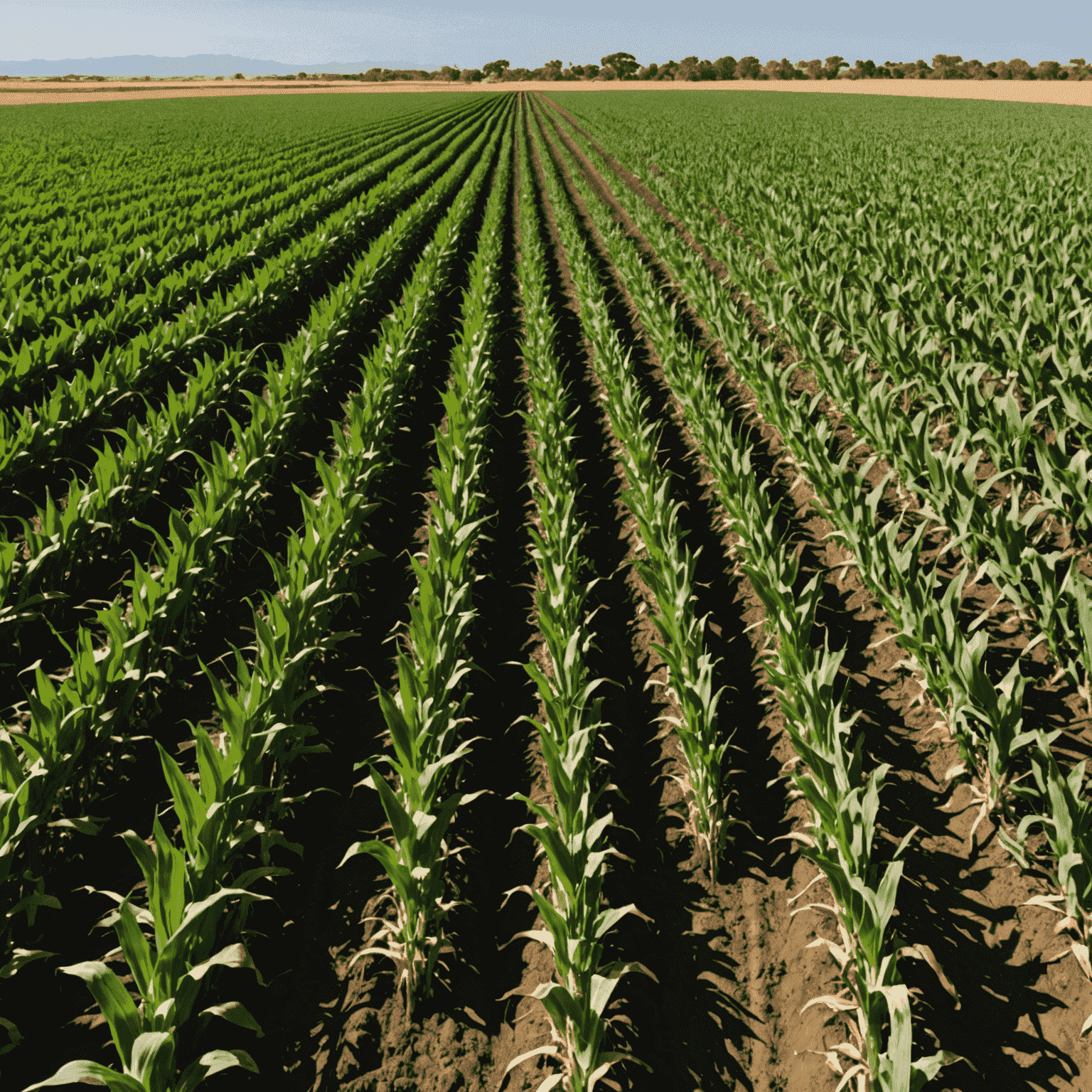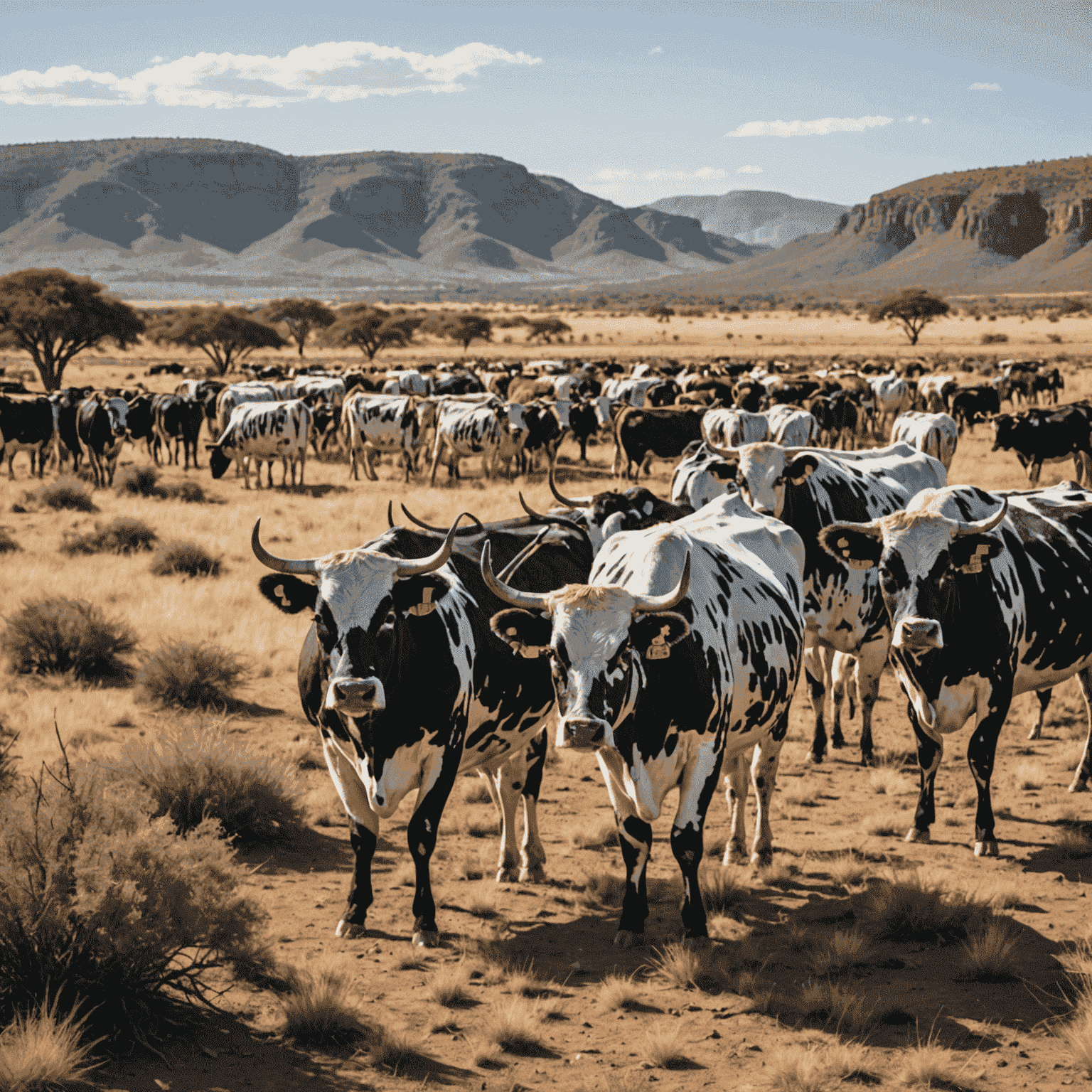Success Stories: SA Farmers Thriving Despite Climate Challenges
The Resilient Grape Grower: Adapting Vineyards to Rising Temperatures

In the sun-drenched Western Cape, third-generation farmer Johannes van der Merwe has transformed his family's traditional vineyard into a model of climate resilience. Facing rising temperatures and unpredictable rainfall, Johannes implemented innovative strategies to protect his grapes and ensure the longevity of his business.
"We've had to rethink everything," Johannes explains. "From the varieties we grow to how we manage water. It's been challenging, but it's also pushed us to be more innovative and efficient."
Key Adaptations:
- Introduced heat-tolerant grape varieties
- Implemented advanced drip irrigation systems
- Installed shade netting to protect vines from extreme heat
- Adopted night harvesting to preserve grape quality
These changes have not only helped Johannes maintain production levels but have also improved the quality of his wines, attracting international attention and boosting exports.
The Innovative Maize Farmer: Embracing Conservation Agriculture

In the heart of the Free State, Thabo Molefe has revolutionized his family's maize farm by embracing conservation agriculture principles. With increasingly erratic rainfall patterns threatening traditional farming methods, Thabo's forward-thinking approach has not only saved his farm but has made it more productive than ever.
"At first, the other farmers thought I was crazy," Thabo recalls with a smile. "But now they're all asking how we're still getting good yields in drought years."
Thabo's Climate-Smart Techniques:
- No-till farming to preserve soil moisture and structure
- Crop rotation and intercropping to improve soil health
- Use of drought-resistant maize varieties
- Precision agriculture using satellite data for optimal resource use
Thabo's success has caught the attention of agricultural extension services, who now use his farm as a demonstration site for climate-smart agriculture practices.
The Adaptive Livestock Farmer: Thriving in Arid Conditions

In the increasingly arid Northern Cape, livestock farmer Sarah Kgosi has turned adversity into opportunity. Faced with prolonged droughts and degraded grazing lands, Sarah has pioneered a holistic approach to cattle farming that's both environmentally sustainable and economically viable.
"We can't change the climate, but we can change how we work with it," Sarah asserts. "It's about working with nature, not against it."
Sarah's Adaptive Strategies:
- Shifted to indigenous Nguni cattle, known for their heat and disease resistance
- Implemented rotational grazing to prevent overgrazing and improve pasture recovery
- Diversified into drought-resistant forage crops to supplement grazing
- Installed solar-powered boreholes for reliable water access
Sarah's approach has not only ensured the survival of her farm but has also led to improved meat quality, attracting premium prices from environmentally conscious consumers.
The Road Ahead: Lessons for South African Agriculture
These success stories demonstrate that with innovation, adaptability, and a willingness to embrace change, South African farmers can not only survive but thrive in the face of climate challenges. As the agricultural sector continues to evolve, these pioneers are lighting the way for a resilient and sustainable future.
For farmers looking to adapt their practices, it's crucial to consider long-term financial planning and potentially seek retirement consulting to ensure a stable future. By combining climate-smart agriculture with sound financial strategies, South African farmers can build operations that are both environmentally and economically sustainable for generations to come.


